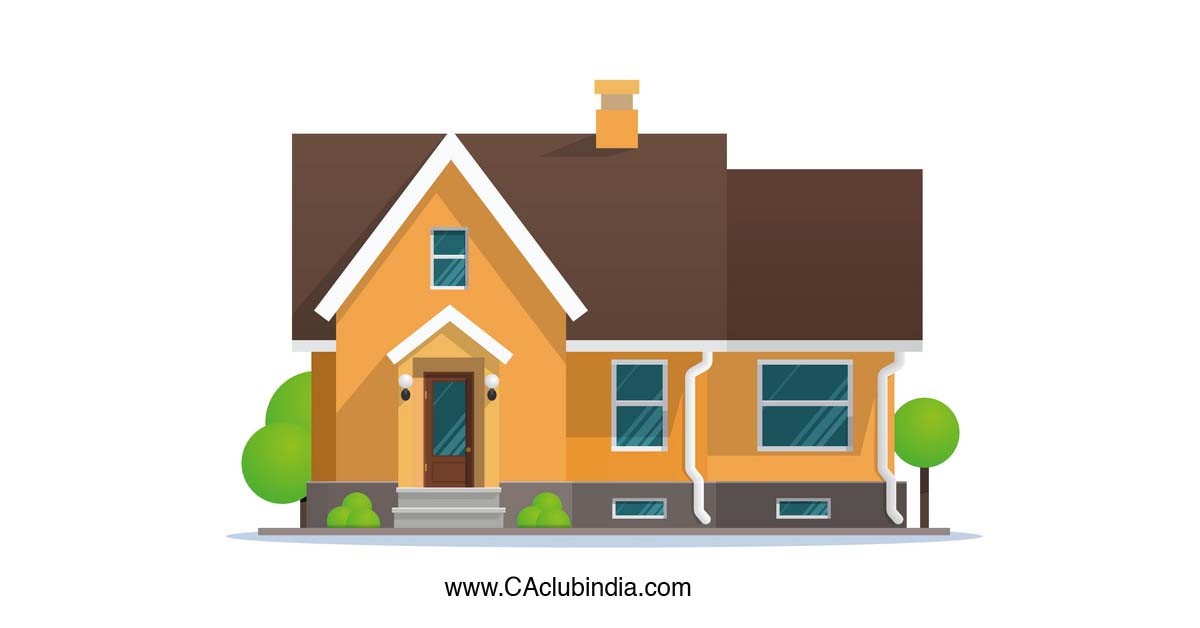The decision to buy or rent a house depends on various factors such as your financial stability, long-term plans, local housing market, and personal preferences. It's important to consider your current and future financial situation, how long you plan to stay in the area, and whether you're ready for the responsibilities of homeownership. Assessing these factors will help you make an informed decision that aligns with your goals and circumstances.
Here is the detailed analysis regarding whether to buy a house or rent one in India, taking into account various factors, including income tax laws.
Cost analysis of renting versus buying a house
- Calculate the yearly rental expense if you decide to rent a house.
- Factor in the possibility of rent increasing over time due to inflation or other factors.
- If you're considering purchasing a house through a home loan, determine the monthly equated installment (EMI).
- This EMI covers the loan's interest, principal repayment, insurance, and additional charges.
In essence, compare the yearly rent with the annualized cost of the home loan EMI to assess the financial implications of renting versus buying. Remember to factor in potential rent changes and the total cost of homeownership to make an informed decision.

Tax benefits associated with a home loan in India
- For a self-occupied property, you can claim a deduction of up to INR 2 lakhs per year on the interest paid on the home loan. This falls under Section 24(b) of the Income Tax Act.
- In the case of a rented property, there is no upper limit for interest deduction, which means you can claim the actual interest paid.
- Under Section 80C, you can avail a deduction of up to INR 1.5 lakhs per year on the principal repayment of the home loan.
In summary, these tax benefits can significantly impact your overall tax liability, making home loan repayment an important consideration when deciding whether to buy or rent.
The capital gains tax implications related to property sale in India
- If you sell a house you've owned for more than two years, any long-term capital gains are taxed at a rate of 20% with indexation benefits.
- You can potentially avoid capital gains tax by reinvesting the sale proceeds into another property under Section 54 or 54F of the Income Tax Act.
- If you choose to rent a property, you are not subject to capital gains tax upon selling the property.
In summary, when deciding whether to buy or rent, consider the potential capital gains tax implications of property sale as they can impact your overall financial planning.
The considerations related to affordability, financial stability, and lifestyle when deciding to buy or rent
- Assess your financial health, including income and savings.
- Evaluate if you can manage costs like down payment, EMIs, and homeownership expenses.
- Think about how property value might increase over time.
- Understand how this growth can affect your overall financial worth.
- Consider your future goals and lifestyle needs.
- Buying offers stability but might restrict your ability to relocate easily.
- Renting provides more freedom to change homes without ownership responsibilities.
In short, balance your financial situation with your lifestyle preferences to make a choice that suits both your monetary stability and long-term aspirations.








 CAclubindia
CAclubindia
